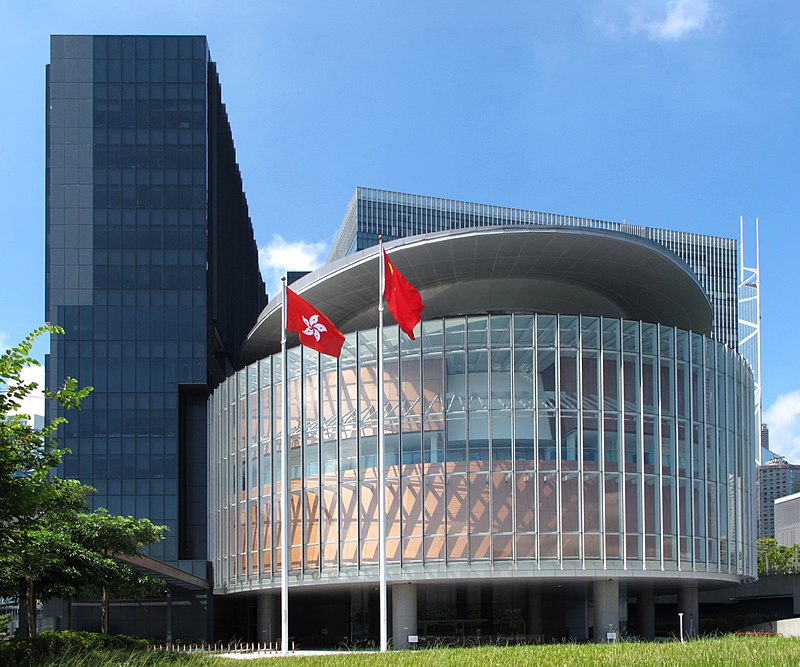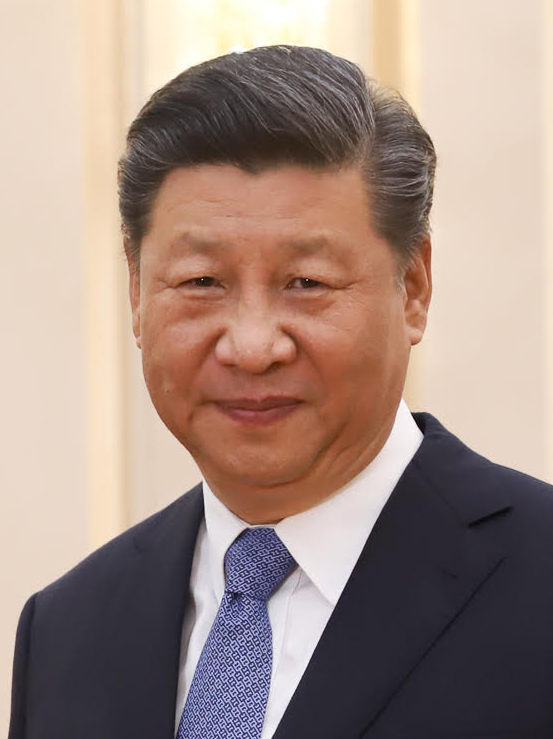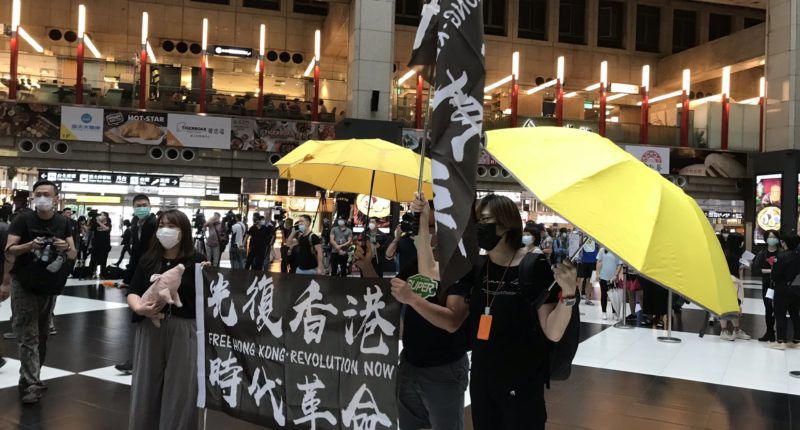The National People’s Congress (NPC) of China has plans this week to bypass Hong Kong’s legislature to enact a national security law, a move criticized by many pro-democracy campaigners for targeting free dissent in the city.
In the status quo, Hong Kong is governed under the principle of “one country, two systems”, which allows the city a degree of autonomy over its own governmental, legal, and economic affairs.
Typically, laws passed by the NPC in China do not have effect in Hong Kong—that is, unless the law is also listed in Annex III of the Basic Law, the equivalent to the city’s constitution.
Under Article 18 of Hong Kong’s Basic Law, the NPC holds authority to pass legislation in place of Hong Kong’s Legislative Council. Once the NPC decides to pass and include a law in Annex III, then China’s law becomes law in Hong Kong, too.

On paper, the national security law aims to safeguard stability in Hong Kong by punishing acts of “secession,” “subversion,” or “terrorism” and cutting off attempts from foreign actors to “interfere” in the city.
In effect, however, the criteria necessary to determine whether acts are destabilizing in nature are vague, and the law can easily be exploited by Beijing authorities to target activists and dissent.
In a rare moment of unison, both of the major parties in Taiwan have spoken against Beijing’s plans to impose the Hong Kong security law.
President Tsai and her administration said the proposed legislation poses a serious threat to Hong Kong’s freedoms and judicial independence, and pledged to provide the people of Hong Kong with “necessary assistance,” while the KMT joined the DPP to support Hong Kong’s pursuit of autonomy, freedom, and the rule of law.
Perhaps more notably, the KMT spokesperson added that “Taiwan (R.O.C) is a sovereign state. ‘One countries, two systems’ will not find support in Taiwan,” but whether this means the KMT is signaling a change in stance and will be gradually and consistently moving away from its “One-China” policy remains unlikely and is yet to be seen.
Either way, it is important for Taiwan to recognize the relevance and seriousness of these recent developments, as China’s President Xi Jinping proclaimed early last year that Beijing will begin to explore a Taiwanese version of “two systems.”

In 1997, Hong Kong was promised 50 years of retaining its own system of government, rights, and freedoms under its unique relation with China.
Under Article 23 of the Basic Law, Hong Kong’s government is to “enact laws on its own to prohibit acts of treason, secession …”
Yet, it is painfully obvious that having the NPC pass a law for Hong Kong contradicts the autonomy promised by the article and by the initial agreement.
In fact, pro-democracy critics in Hong Kong liken the national security law to the last nail in the coffin for whatever freedoms and autonomy Hong Kong has left, such that “one country, two systems” has effectively been reduced to “one country, one system”.
In the eyes of Beijing, Taiwan is but one part of China—the last place for “one country, two systems” to be introduced before eventual unification.
Hong Kong’s unfortunate experiences, in revealing the reality of the erosion of autonomy under the guise of “two systems,” teaches Taiwan important lessons about the desirability of such a political model.
And Hong Kong can only teach once.









